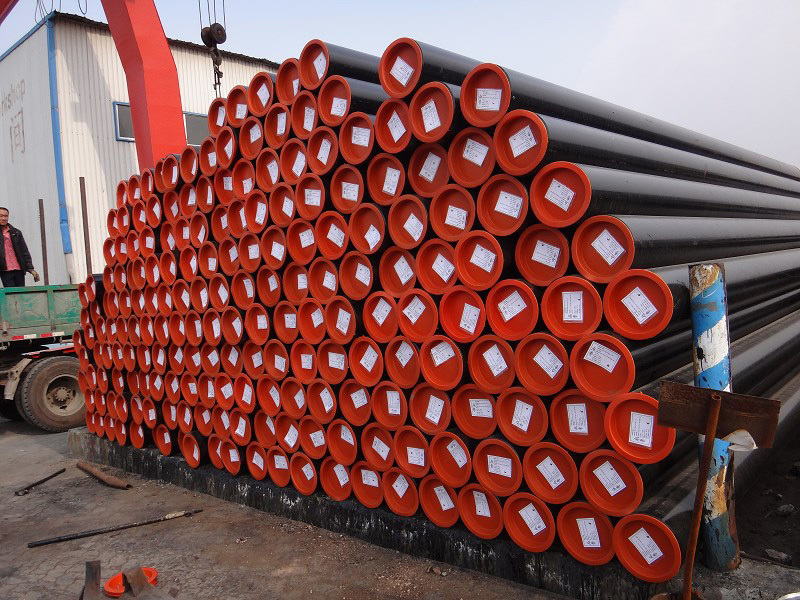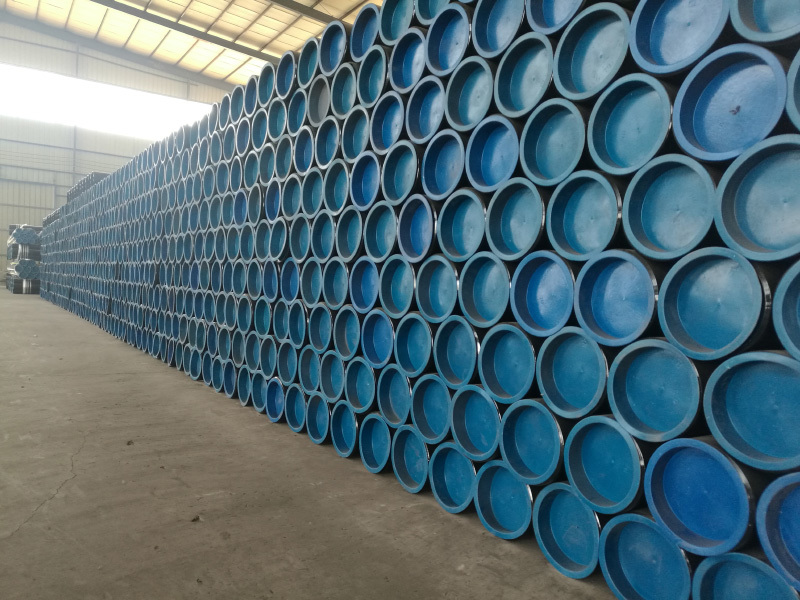Leading Smls Pipe and fittings supplier from China since 1991
Understanding Forged Flanges: Essential Components in Construction and Decoration
Forged flanges are critical components in the construction and decoration materials industry, particularly concerning piping systems. These specialized flanges are made through a forging process, which involves shaping metal under high pressure, resulting in a strong and durable product. The use of forged flanges is prevalent in various applications, including water supply systems, oil and gas tra
Jul 31,2025

Forged flanges are critical components in the construction and decoration materials industry, particularly concerning piping systems. These specialized flanges are made through a forging process, which involves shaping metal under high pressure, resulting in a strong and durable product. The use of forged flanges is prevalent in various applications, including water supply systems, oil and gas transportation, and chemical processing, making them indispensable in numerous sectors.
One of the primary advantages of forged flanges is their strength. The forging process aligns the grain structure of the metal, which enhances its mechanical properties. As a result, forged flanges can withstand higher pressure and temperatures compared to their cast counterparts. This characteristic makes them ideal for high-stress environments, where reliability and safety are paramount.
In terms of design, forged flanges are available in various types, including slip-on, blind, threaded, and weld neck flanges. Each design serves a specific purpose and application. For example, weld neck flanges are commonly used in high-pressure and high-temperature applications due to their strong weld connection, while slip-on flanges offer ease of installation in low-pressure systems.
Another notable advantage of forged flanges is their versatility. They can be manufactured from different materials, including carbon steel, stainless steel, and alloy steel, allowing for customization based on specific project requirements. This adaptability is crucial in construction projects where different environmental conditions, such as corrosion or extreme temperature variations, must be considered.
Furthermore, forged flanges are often subject to rigorous quality standards and testing, ensuring that they meet the required safety and performance criteria. This attention to quality is vital, particularly in industries where failure can lead to catastrophic consequences, such as the oil and gas sector.
For professionals in the construction and decoration industry, understanding the properties and applications of forged flanges is essential. By choosing the right type of flange for a specific application, one can ensure optimal performance and safety in piping systems. Additionally, being aware of the benefits of forged flanges can lead to more informed decision-making during the design and implementation phases of construction projects.
In conclusion, forged flanges play a vital role in the construction and decoration materials industry, thanks to their strength, versatility, and reliability. As a professional in this field, understanding the significance of these components can enhance project outcomes and contribute to the overall success of construction initiatives. Whether you are involved in design, manufacturing, or installation, having a solid grasp of forged flanges and their applications is crucial for achieving excellence in your projects.
One of the primary advantages of forged flanges is their strength. The forging process aligns the grain structure of the metal, which enhances its mechanical properties. As a result, forged flanges can withstand higher pressure and temperatures compared to their cast counterparts. This characteristic makes them ideal for high-stress environments, where reliability and safety are paramount.
In terms of design, forged flanges are available in various types, including slip-on, blind, threaded, and weld neck flanges. Each design serves a specific purpose and application. For example, weld neck flanges are commonly used in high-pressure and high-temperature applications due to their strong weld connection, while slip-on flanges offer ease of installation in low-pressure systems.
Another notable advantage of forged flanges is their versatility. They can be manufactured from different materials, including carbon steel, stainless steel, and alloy steel, allowing for customization based on specific project requirements. This adaptability is crucial in construction projects where different environmental conditions, such as corrosion or extreme temperature variations, must be considered.
Furthermore, forged flanges are often subject to rigorous quality standards and testing, ensuring that they meet the required safety and performance criteria. This attention to quality is vital, particularly in industries where failure can lead to catastrophic consequences, such as the oil and gas sector.
For professionals in the construction and decoration industry, understanding the properties and applications of forged flanges is essential. By choosing the right type of flange for a specific application, one can ensure optimal performance and safety in piping systems. Additionally, being aware of the benefits of forged flanges can lead to more informed decision-making during the design and implementation phases of construction projects.
In conclusion, forged flanges play a vital role in the construction and decoration materials industry, thanks to their strength, versatility, and reliability. As a professional in this field, understanding the significance of these components can enhance project outcomes and contribute to the overall success of construction initiatives. Whether you are involved in design, manufacturing, or installation, having a solid grasp of forged flanges and their applications is crucial for achieving excellence in your projects.
Hot Tags:
PREVIOUS:






